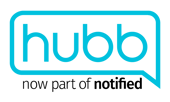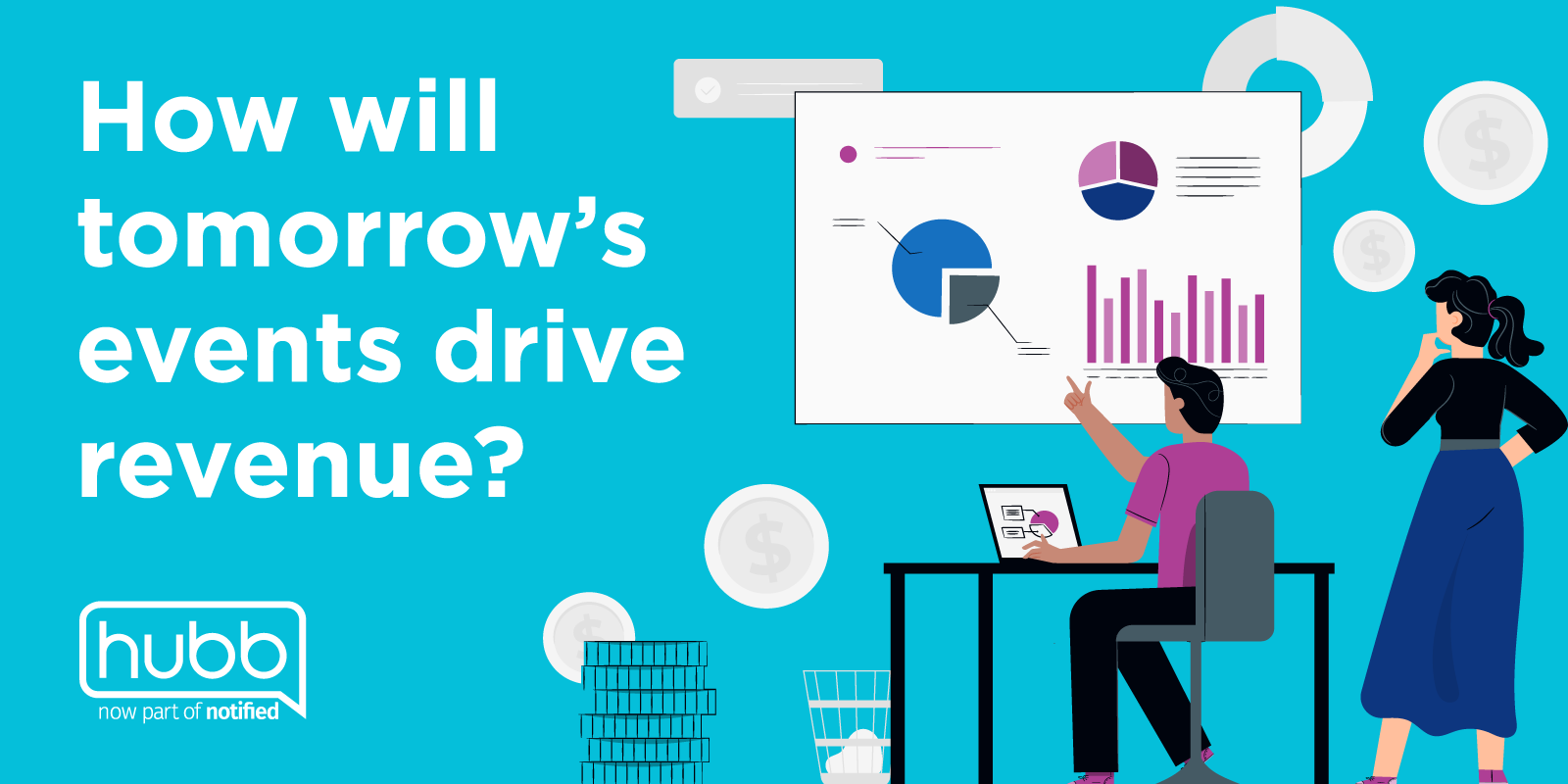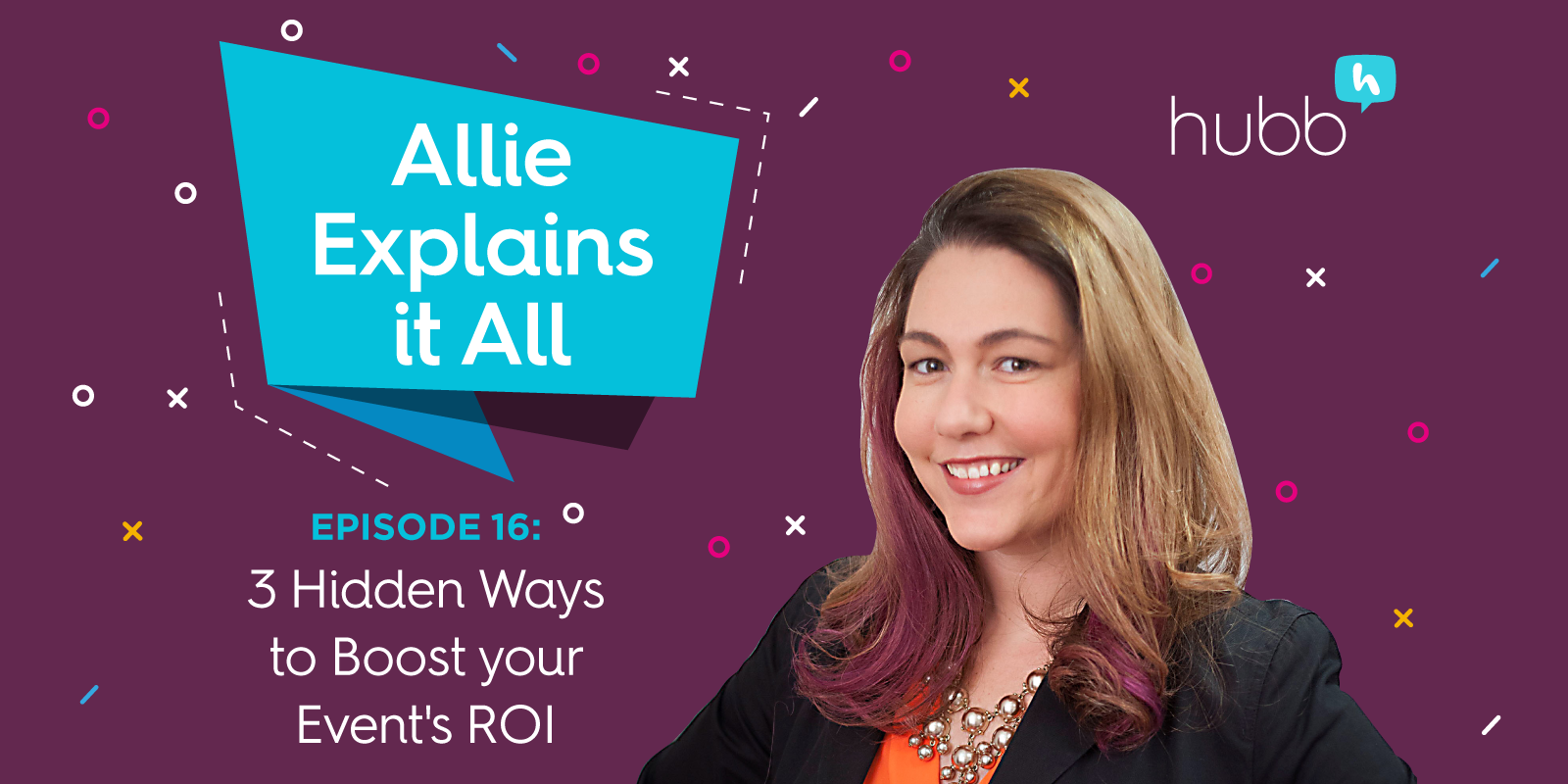You’ve set the date and booked the venue. Now it’s time to make sure people show up.
Did you know that about two-thirds of conference attendees register based on the quality of the content? That makes it a must to create compelling descriptions of the conference theme, sessions, tracks and speakers. And it means planning, creating and sending out reminders, videos, emails and social media that people can consume and share. Check out these marketing ideas for events.Event marketing best practices
Here are seven steps to ensure your event marketing carries you over the finish line in winning style:
1. Set your goals and objectives
Give your event a cohesive theme that you can market and build a program around. Barkley Kalpak Agency, an events-focused creative group, recommends turning events into “story-driven engagement platforms” that treat attendees as influencers who not only take in your content but share it through social media. The key is to make your event tell a story with a consistent message throughout.
2. Measure your success
The best events incorporate measurement strategies up front, defining what, when and how to track your achievement. Oddly, though, many conference managers don’t measure whether their events actually contribute to the bottom line. To improve the return on investment (ROI) from your event, treat conferences with a strategic, integrated marketing mindset. When you take this approach, you’ll involve more departments in planning and make the guest list everyone’s responsibility.
At minimum, your ROI should measure the progression status of your attendees, included invited, registered, attended and no-show guests. Beyond progression status, measure leads by their place in your revenue cycle and lead category. Even better, track the number of opportunities created, how much pipeline, the number of closed/won leads, and bookings.

Your event's content is a powerful driver of ROI.
Learn how to get strategic with our Guide to Advanced Content Strategies.

3. Create a strong website foundation
The cornerstone of your promotion efforts is your event page or website. Make sure your website includes a compelling description, speaker pictures and bios, event image or logo, event-related videos, and a prominent “register now” button. Optimize your website for search. Your promotion efforts should include using a target keyword, title tags and headers, a search-friendly description and internal and external links.
4. Automate your event content marketing
With a good event content management platform, you can instantly publish and promote the latest content for your sessions, speakers and sponsors on your website, mobile app, on-site digital signage and anywhere else you need to provide up-to-date information. Filterable content allows your audience to find the relevant information that motivates them to register.
5. Create an e-mail campaign
People expect to be reminded many times before they take action. One of the best ways to do this is with targeted emails. The larger your event, the earlier you should email to announce speaker lineups and early-bird registration discounts. Plan to send your event marketing emails several times at various pre-event milestones.
6. Make it social
Events are all about being social. So the perfect channels to promote your event are social media. Get active and stay active on social networks—before, during and after the event. With every post or tweet, offer an opportunity for people to share content with their networks. Use a social media management platform like Hootsuite or Buffer to manage all your social networks and schedule messages for future publishing
7. Fire up your blog
Create pre-event excitement with blog posts that offer customized content. For example, post video interviews with featured speakers. You can also invite speakers to write guest posts.
Tap into media channels
Share your event with business publications and industry media as well as industry and trade associations.
Well-executed event marketing will ensure a high turnout for your event. But event marketing is not just about registration results. Events are also a great way to connect with prospects. A typical event can provide 10 to 15 different opportunities to connect with your audience. If a prospect clicks on just two social media posts or emails in your event marketing campaign, that’s a lead you didn’t have before that’s now in your marketing funnel.
Measure to Maximize ROI
Event marketing isn't just about promotion! You need to measure your success, so you can maximize your ROI and improve your event year over year. Learn more in your measuring event ROI and optimizing your event in our free whitepaper, The Data-Driven Event.








![[Webinar] Event Tech Sustainability: Don’t Get Left Behind](https://1925165.fs1.hubspotusercontent-na1.net/hubfs/1925165/EventTechSustainability-Social.png)
![[Webinar] Seven Strategies for Next Level Content](https://1925165.fs1.hubspotusercontent-na1.net/hubfs/1925165/September-%20Next%20Level%20Content%20Strategy%20-%20Webinar-2019-Social.png)
![[Webinar] Event Data: Why Should You Care?](https://1925165.fs1.hubspotusercontent-na1.net/hubfs/1925165/EventData-Why-Should-We-Care-Social.png)